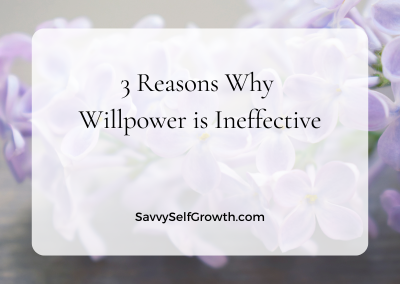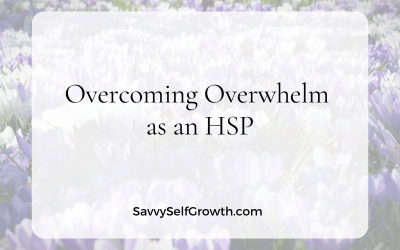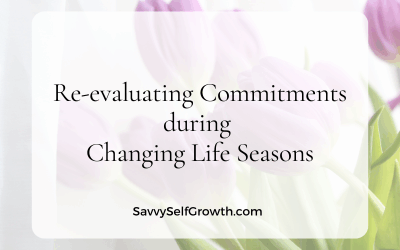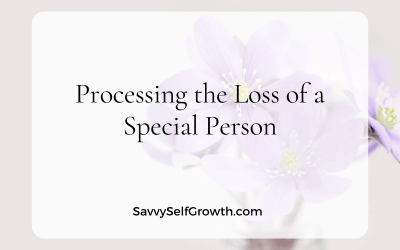less of A few mornings ago I had a deep conversation with an older lady dear to me. They were staying with us for a few days.
We started by talking about how she wants to change her behaviour…. she knows she “shouldn’t” get angry and shout, and yet, she does. Before she can help it, or think about it.
Have you ever noticed how “knowing we shouldn’t” doesn’t mean that we are able to stop ourselves from doing that thing? It’s human.
I’d like to share three tips that can help to make “Just change your behaviour!” kinder and easier.
1. Patience, Kindness and Compassion for the Journey
For any habits you want to change, kindness and patience for your own journey is key. Our patterns of behaviour have been formed over many, many years.
Those brain connections (neural pathways) of acting in a specific way are like super highways. That specific path for acting in our usual manner (in each of us, unique) has been trodden over, and over, and over, and over…until it’s our normal and default.
It takes incredible amounts of energy for our brain to change behaviour. The brain is an energy-saving device. It would rather do the automatic behaviour that’s stored in the subconscious (because it uses virtually no energy), than having to think consciously about a new way of doing things. The latter uses huge amounts of energy that your brain prefers to spend on other tasks.
So again…. When you have the intention, wish or goal to change ANY of your well-known habits – have patience with yourself. I can guarantee you that you’re going to slip a few times and go back to the ‘old, unwanted’ way a number of times.
This can feel horribly frustrating, I know. And – it’s normal. It’s pathways in your brain that do NOT change overnight. It will take doing the new behaviour over, and over, and over again…. Until that becomes the super highway and not the tiny, narrow path in the proverbial forest that it is when you first try to change.
Patience, kindness and compassion is what it will take.
Sidenote: And of course, now that you understand how hard it is to change your own behaviour even when you really, really want and mean to – can you have a little more empathy and compassion for someone else who’s trying their best, and not doing so well?
2. And then there are those childhood experiences…
The second point I wanted to mention is around our past experiences, and how they shape and form our current behaviour. Whether we want them to or not!
The conversation with this older lady turned to her childhood experiences. Without any prompting or questions from me, she said “You know, I blame all my anger and the habits I want to change now, on my past – and the experiences in my childhood.”
She started sharing about a difficult childhood on a rural farm, where her Mom was absent for many of her teenage years due to her Mom’s own emotional difficulties. A Dad staying behind, trying to look after 2 young girls. What he tried to do to get her to stop sucking her thumb (in itself, a way to seek for security, and to have it taken away a very traumatic experience.)
She got tears in her eyes when she recalled that story. Something her Dad did when she was 14 years old, still brings her to tears at 82 years of age. She couldn’t make sense of it then, and she can’t make sense of it now. It still hurts. She mentioned how often that one particular memory goes through her mind, almost 7 decades after it happened.
These events were traumatic for her. She’s carrying scars. Her Dad was doing the absolute best he could and knew how. We don’t need to point fingers, blame or judge. If he knew different, he would do different. He didn’t know any other way. And still, it left her with memories causing pain and tears – and it STILL influences her behaviour because of the unconscious decisions she made as a young impressionable 14 year old.
3. Why you shouldn’t force yourself to change a behaviour
Did you know that every behaviour ultimately has a positive intention?
And when I say ‘EVERY’ I mean it – EVERY.
Yes, sometimes we think we should be able to act in a different way. And yes, sometimes our behaviour is not appropriate in the moment, or for the situation.
But ultimately, we do things because we believe a certain thing SUBCCONSCIOUSLY, (where we often don’t know it exists). And if we don’t first discover the REASON that behaviour was born in the first place (the positive intention it actually has), and find a DIFFERENT way to get the result that it is trying to achieve, we work against ourselves.
So often, behaviour (that we now deem unhelpful) was caused by a need for security, love or control somewhere in the past. If we unceremoniously rip that behaviour away (with force, or willpower) without talking to the parts of ourselves that wanted to help us in the first place (and thought the behaviour was going to be the right way to get what we needed), I guarantee you that it’s going to be an uphill battle to change the behaviour.
Self Sabotage
That’s what we term ‘self-sabotage’.
Parts of us argue with one another, each trying to get their own way. It’s not really self-sabotage at all! It’s a part of us that have not been heard and is still trying to get us love, security or control, in a misguided way. The message needs to be understood and heard before we’ll have success with change.
With this older lady, usually her angry outbursts have something to do with the fact that a part of her is feeling afraid and insecure. There’s still a little girl inside that had no control over her life at 14, and that part is trying its best to gain SOME form of control and therefore security, through the angry, controlling words.
Of course, it usually has the opposite effect – because people around her don’t love her behaviour, and therefore distance themselves from her…. And then she feels less secure – and it starts all over again. Over and over, the same acting out, the same results. Einstein called it Insanity: doing the same thing over and over, expecting different results.
So how do we change then?
THIS is why I do the work I do. Because we can be free of our childhood experiences. They do not have to continue hurting us, day after day. They do not HAVE to keep ‘making us behave’ in ways we really don’t want to anymore.
Part of my work is to help folks process those traumatic memories in a gentle way. So the emotional charge we feel when we think about them leaves. So we can think about that memory with “It happened. And it’s over. It’s okay. I’m okay. I can’t believe it used to bother me that much. It’s not an issue anymore.”
When we do that with our bothersome and hurtful memories, everything can change for us. We see life through different glasses. We’re not so defensive, and give others the benefit of the doubt. Rejection becomes less painful, and we realise that everyone doesn’t have to love us for us to feel okay. We stop being so afraid of judgment or criticism and we get on with what WE want from life. We stop reacting with unnecessary anger and aggression to protect our hearts from further hurt, or to try and gain some kind of control in situations where we feel out of control.
Life can truly be different.
Opportunities to use EFT Tapping in a small group
This is also why I’ve brought back small group workshops. They used to be in person, and are now hosted online. They are safe, gentle, intimate workshops where you can receive guidance and healing from those memories that still bug, hurt and plague you.
Drop me a mail to participate. I limit the numbers to around 10 in the group for individual attention, and it runs for 60-90 minutes. It’s around £25 – a tiny fee compared to individual coaching!
The next One:
You’ll always see the next EFT circle on this page, and you can book straight from there.




